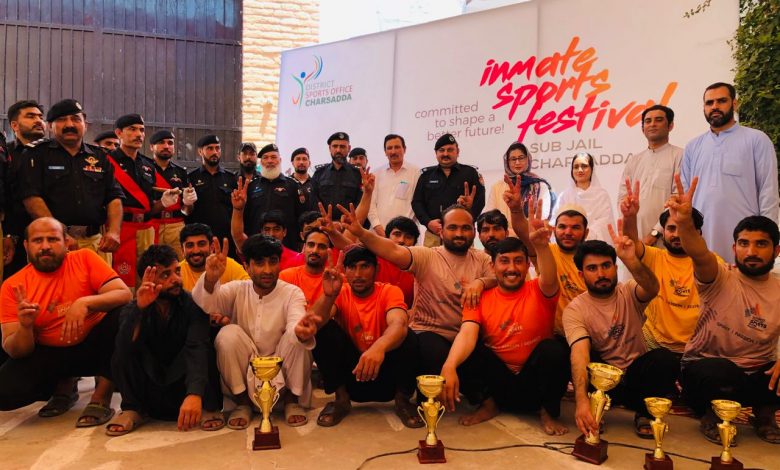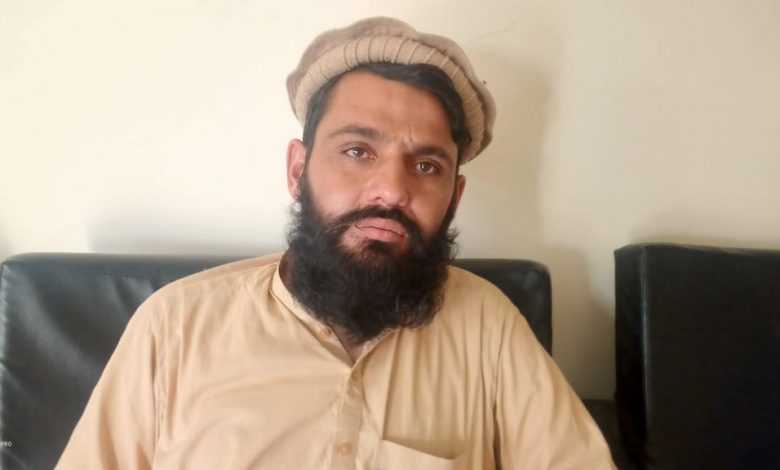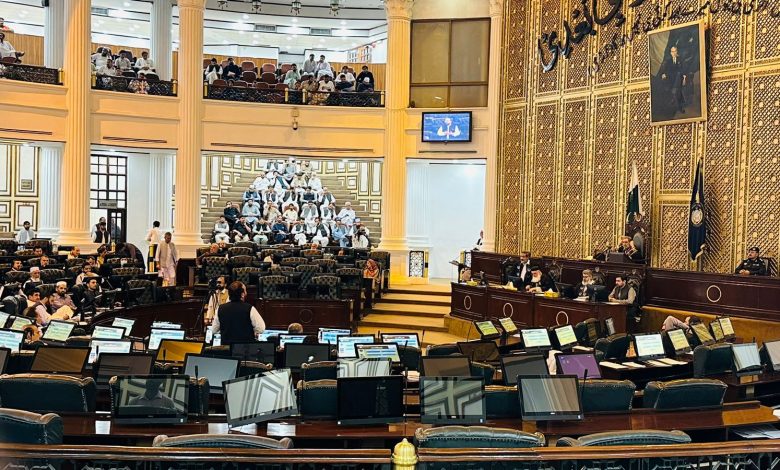"We are compelled to transport our deceased from Bajaur to Nowshera due to the absence of a burial ground in our vicinity," lamented Parvez Masih, the leader of the Bajaur Christian community.
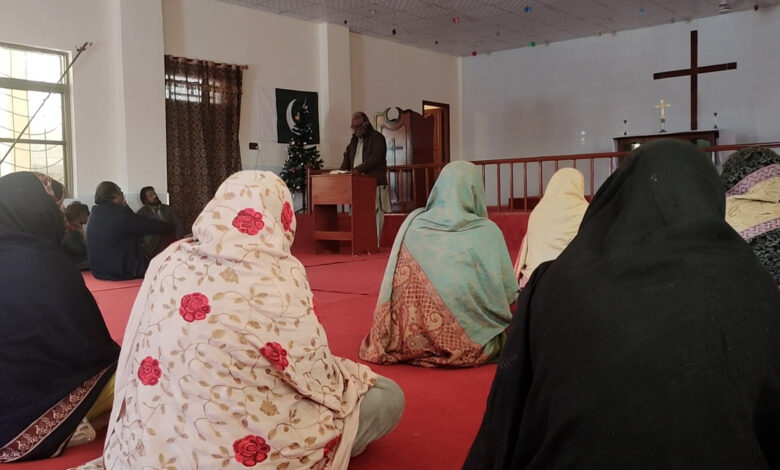
Misbah ud Din Utmani
"We are compelled to transport our deceased from Bajaur to Nowshera due to the absence of a burial ground in our vicinity," lamented Parvez Masih, the leader of the Bajaur Christian community. Expressing his grief, Masih highlighted the poignant reality that their sorrow upon losing a loved one is compounded by the arduous logistics of arranging distant burials.
Masih further elaborated that their predicament is exacerbated by the current era of inflation. The burden of not only mourning their departed but also dealing with the prospect of transporting the deceased to Nowshera comes at a substantial financial cost, costing them thousands of rupees. These financial constraints add to their existing challenges. Regrettably, the government has not extended any support to alleviate their predicament, as Masih noted.
Also Read: Peshawar University Teachers End Strike, Academic Activities Resume After 43 Days
Elaborating on the financial strain, Parvez Masih revealed that they are compelled to expend over 40,000 rupees for the transportation of a deceased individual. This financial strain weighs heavily on them, especially considering the prevalent inflationary conditions. The combined financial burden and logistical hurdles present a formidable challenge to the community during this period of economic volatility.
Hours Spent on Burial Process
However, transporting the deceased to Nowshera presents another set of challenges as it involves obtaining permission, thereby elongating the burial process significantly.
Parvez Masih emphasized that their predicament remains unresolved even when resorting to Nowshera. The requirement to secure permission in Nowshera adds a considerable amount of time to the burial procedure. This prolonged process further compounds the emotional distress and logistical complications they face during this trying time.
Highlighting the history of their community, Parvez Masih noted that approximately three hundred Christian individuals have been residing in Bajaur for the past four decades. Despite their longstanding presence, the absence of a dedicated burial ground continues to be a pressing issue for the community.
Undeterred by the challenges, Parvez Masih shared that he personally dedicated substantial efforts to establish a cemetery for the Christian community in Bajaur. He recounted his interactions with authorities in Nowshera, who provided verbal assurances of support. Unfortunately, these pledges have remained unfulfilled.
Reflecting on a specific incident, Masih recalled a conversation with Assistant Commissioner Khar, Muhammad Ali, who informed him of the allocation of Rs 2.2 lakh for the construction of a graveyard. However, the promised funds were subsequently diverted, and to date, their long-awaited cemetery has not been realized.
Struggles of the Christian Community in Bajaur
Parvez Masih sheds light on the hardships endured by the Christian community in Bajaur, describing their lives as characterized by stark poverty and an absence of advocates. A one-kanal piece of land allocated for a graveyard could potentially alleviate their enduring predicament.
In his view, local benefactors have the capacity to offer assistance: "Even if a single landowner donates a portion, our predicament could be resolved."
The 2017 census reported Pakistan's population at an estimated 200 million, with 96.4 percent identifying as Muslim and the remaining constituting various minority groups. Khyber Pakhtunkhwa houses a minority population of approximately two hundred thousand, according to the census.
In 2017, the Election Commission of Pakistan documented 26,814 registered votes for the Christian community in Khyber Pakhtunkhwa, alongside 1,345 votes in annexed districts.
Conversely, Augustin Jacob, a representative of the Christian community in Peshawar, accentuated that longstanding issues plague the Christian community in Bajaur and other tribal districts. Historically denied domicile, these minority populations are now being granted local domicile status.
Augustin Jacob, an advocate for religious minority rights, highlighted a budget allocation for 139 cemeteries in 2021 and 2022, accompanied by a regular fund allocation of 300 million. However, in the waning days of Imran Khan's administration, the federal government instructed the consolidation of funds into a single account, thereby hindering cemetery construction.
Meanwhile, Deputy Commissioner Bajaur, Anwarul Haque, affirmed the government's commitment to establishing a cemetery for the Christian community in Bajaur. The minority community's well-being is a paramount concern. While the Christian population in Bajaur was initially small, it has since grown. The necessity for a dedicated graveyard has been acknowledged and prioritized by the government.
Haque explained that the matter has been raised in relevant forums, but the allocation of land for the Christian community's cemetery remains pending due to budgetary constraints. Assuring action, the district administration is actively striving to resolve this foundational issue.
Funeral Struggles Amidst Limited Options
Highlighting the challenges faced by the Christian community in Bajaur, Radesh Singh Tony, Chairman of the Minority Rights Forum, revealed that despite repeated appeals to the government, the two hundred Christian families residing in Bajaur have yet to secure a dedicated cemetery.
Interestingly, he disclosed that a vast majority opt to bury their deceased in Malakand due to the smoother burial process there. Only those with connections to Nowshera seek interment in the latter. Tony questioned the disparity between the rhetoric of minority rights in Pakistan and the tangible lack of access to these rights.
Tony emphasized that every minority group in Pakistan should be entitled to the constitutional rights accorded to them. Regarding Bajaur, he noted that transporting the deceased to Malakand takes four to five hours, incurring considerable costs. Given the pervasive inflation, affording even two meals a day is a challenge. The additional attendees at funerals further exacerbate logistical constraints. Tony proposed that having a local cemetery would enable swift burials, alleviate financial burdens, and honor religious traditions.
He earnestly appealed to the Bajaur district's Deputy Commissioner to allocate a burial ground for the Christian community, ensuring the respectful execution of their religious customs.
Radesh Singh Tony underscored that the Christian community's overall population in Khyber Pakhtunkhwa stands at around 45,000. After the merger of the Federally Administered Tribal Areas (FATA), this number has exceeded fifty thousand. Tony extended the call for not only a cemetery in Bajaur but also a cremation ground for the Hindu community. Addressing their multifaceted challenges, he stressed that these efforts are essential to uphold their fundamental rights.
Note: This article is part of the Pakistan Press Foundation (PPF) Fellowship.
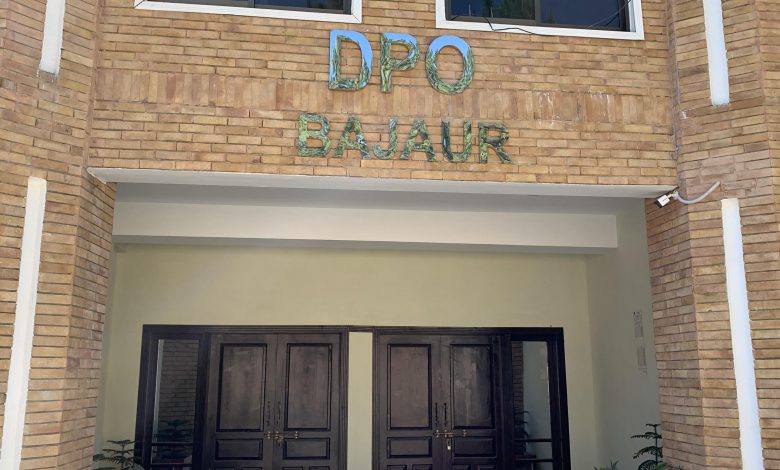
16 May, 2024
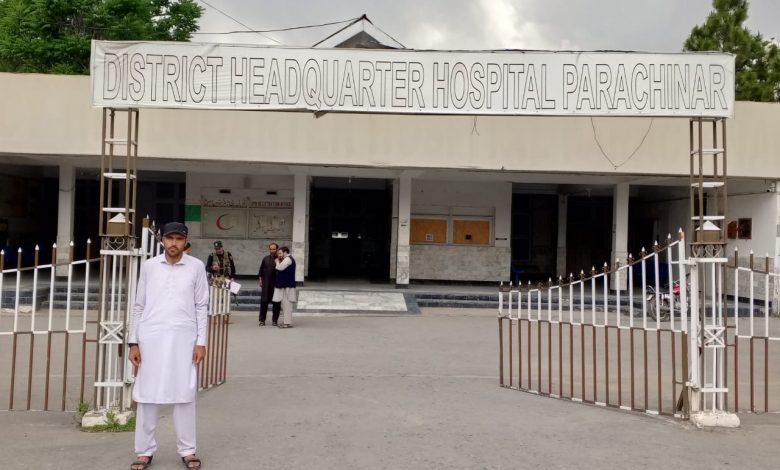
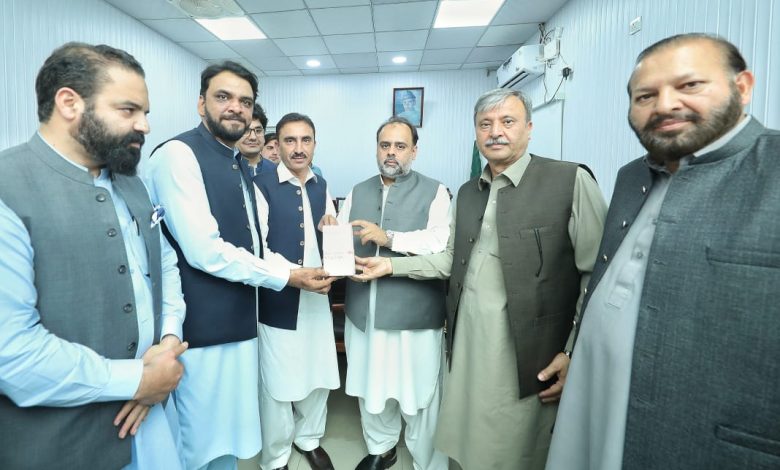

16 May, 2024
